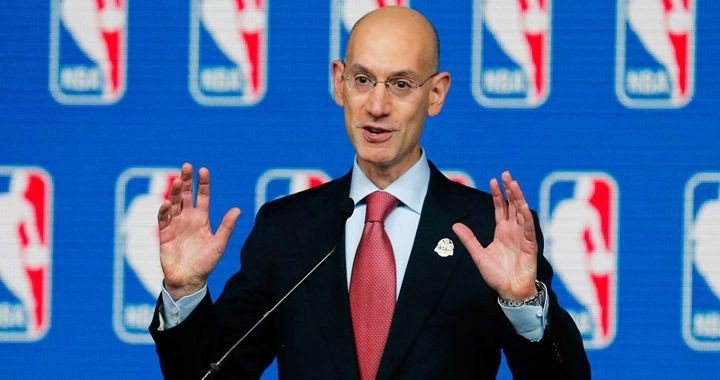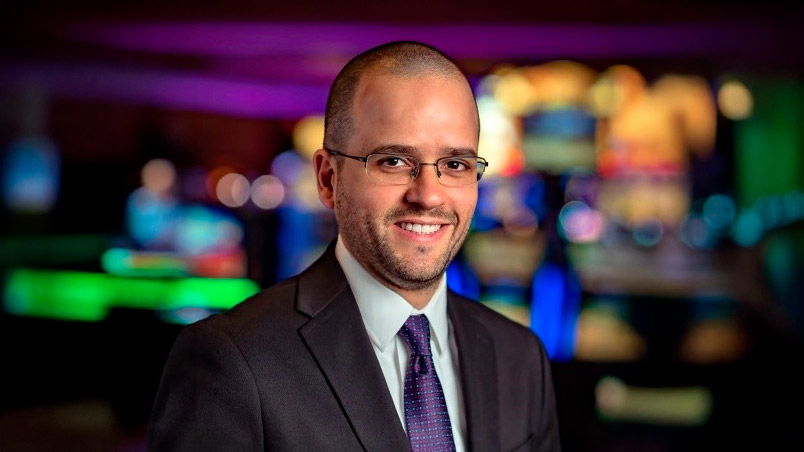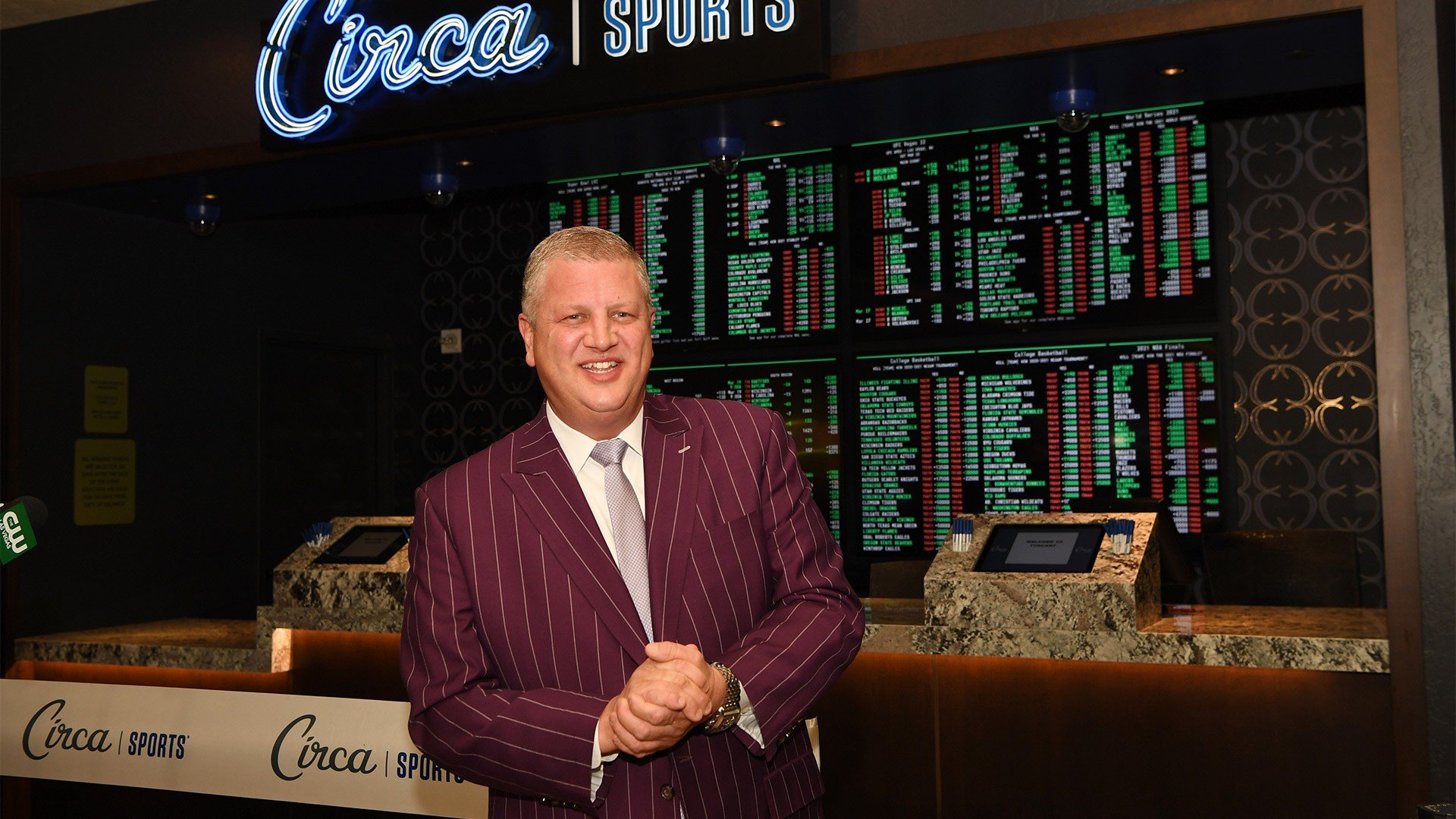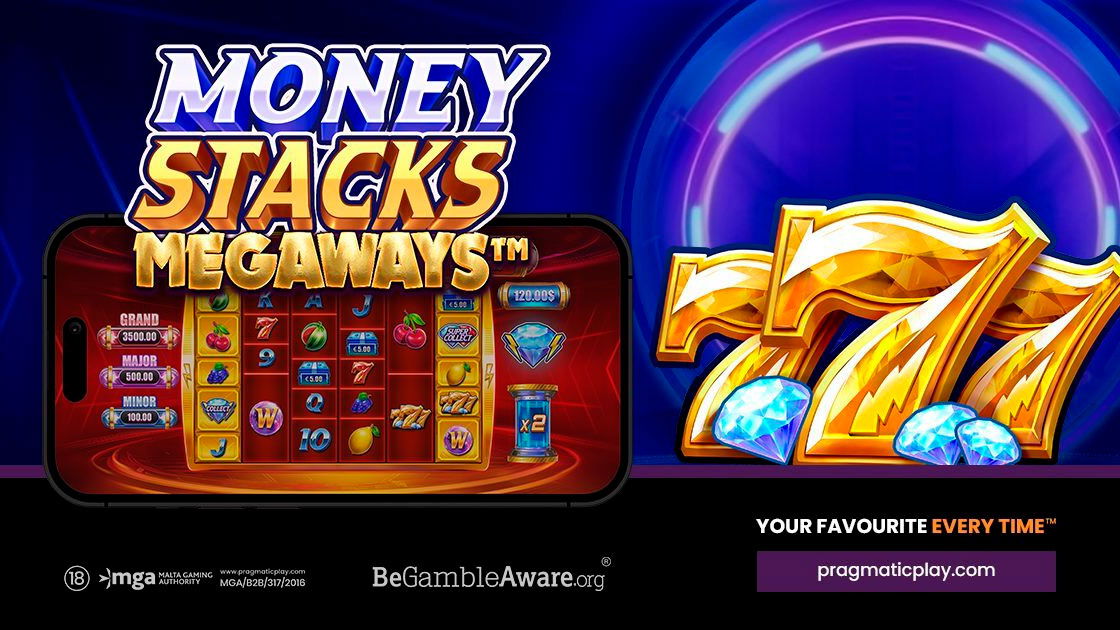NBA asks for sports gambling regulation in the U.S.

The NBA appears ready to take a different stance on sports gambling. It is acknowledging what many other sports leagues try to ignore: Gambling and sports go together.
The U.S. Supreme Court is considering a New Jersey-based case that could clear the way for individual states to legalize sports betting at casinos and racetracks. Oral arguments took place last month, and a decision is expected in the spring. As that process plays out, a number of states are putting legislation in place to act if the Supreme Court's ruling overturns the federal ban on widespread sports betting outside Nevada.
The NBA has requested a set of laws that would help legalize sports gambling in the future, but also allow the NBA to make their own profit. Considering the billions of dollars that go into Vegas every year this could lead to a massive increase in money for the NBA.
In what could end up being a seminal moment for sports gambling in America, the NBA on Wednesday formally requested a set of laws that could be the basis for professional sports leagues pushing for national legalized wagering on games.
But NBA's commission request also included an "integrity fee." The league seeks 1% of the amount wagered on any events concerning NBA games and says that the fee should be coming out of the revenue received from sports betting operators that would be involved in the transaction.
NBA spokesman Mike Bass justifies the fee by referencing the risk the league is and will be taking as it supports a change in the current law that limits full-fledged sports betting to taking place within Nevada's borders.
"Sports leagues provide the foundation for sports betting while bearing the risks it imposes, even when regulated," says Bass. "If sports betting is legalized federally or state by state, we will need to invest more in compliance and enforcement and believe it is reasonable for operators to pay each league 1% of the total amount bet on its games to help compensate for the risk and expense created and the commercial value our product provides them. This is a similar approach to legally-regulated sports betting in other international jurisdictions."
But the American Gaming Association (AGA), a trade group representing the $240 billion U.S. casino industry, disagrees that the 1% "integrity fee" is necessary or justified, and takes the position that it is merely a proposal that skims money from American taxpayers.
"We are pleased that the NBA today joined with the gaming industry in support of vigorously regulated sports wagering. We can all agree that the 25-year ban on sports wagering has been a failure in every regard," said AGA President and CEO Geoff Freeman on January 24. "Now, let’s get real about eliminating the illegal market, protecting consumers and determining the role of government – a role that most certainly does not include transferring money from bettors to multi-billion dollar sports leagues."
The AGA notes that a legal Nevada sports book realizes only 3.5% to 5% in revenue and that a 1% "integrity fee" on all money wagered legally would amount to 20% to 29% of that total revenue. Freeman believes that the money that leagues "skim off the top" will distort the odds that legal bookmakers are able to provide, encouraging Americans to continue to operate criminally in an illegal, underground market.
The concerns about sports gambling being legal is obvious, not just in terms of easy access for the common person, but how it could impact the game itself. What's to stop athletes from trying to swing their own bets in their favor? The NBA says that its studies have helped it find ways that would allow gambling to not only be safe for fans, but would protect the game of basketball itself.
"We have studied these issues at length," Spillanean attorney for the NBA said in his statement to lawmakers. "Our conclusion is that the time has come for a different approach that gives sports fans a safe and legal way to wager on sporting events while protecting the integrity of the underlying competitions."
Spillane wants to limit action on certain types of bets that could be more easily manipulated. He used the example of prop bets Wednesday, such as placing a wager on who may draw the game's first foul.
The league also wants to protect consumers, including age restrictions and a "rigorous licensing program" for operators.
If sports gambling were legalized, and the NBA was able to make the 1 percent revenue that comes in from that, it could lead to massive changes in how the game is covered. The revenue increase alone would likely lead to another cap and salary jump for teams and players. It will be interesting to see how this all plays out.


















































